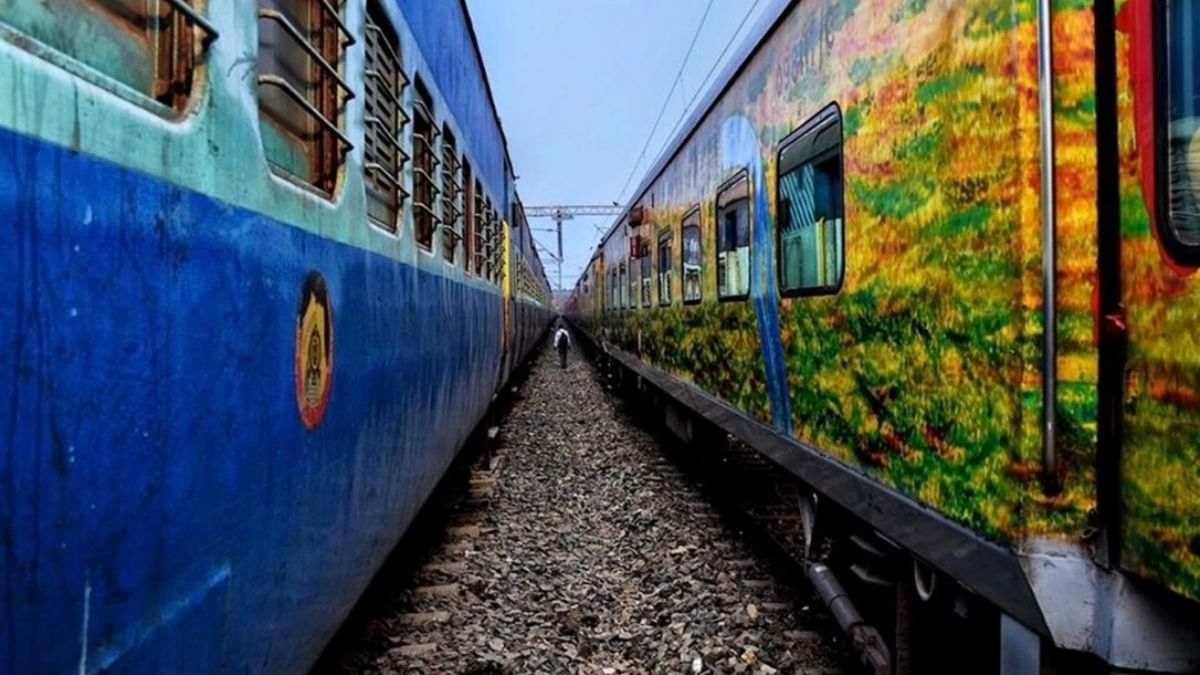Indian Railways is exploring the potential of nuclear power as a key component in its ambitious plan to achieve net-zero emissions by 2030. This strategic shift reflects the railway’s commitment to sustainability and its broader goal of reducing its carbon footprint amid growing concerns over climate change and environmental impact.
The exploration into nuclear energy comes as part of Indian Railways’ comprehensive strategy to decarbonize its operations, which have traditionally relied heavily on diesel and other fossil fuels. The railway network, one of the largest in the world, is a significant contributor to greenhouse gas emissions, making the transition to cleaner energy sources a critical step in meeting national and international climate commitments.
Because of its potential to be a reliable and significant source of low-carbon energy, nuclear power is being investigated. The Indian Railways’ initiative involves detailed feasibility studies to assess how nuclear energy can be integrated into its operations, including the possible development of nuclear-powered electric trains and energy-efficient rail infrastructure.
India’s overall energy strategy, which prioritizes the development of sustainable technologies and the diversification of energy sources, is in line with the country’s shift towards nuclear energy. With nuclear power offering a reliable and low-emission alternative, it represents a significant opportunity for Indian Railways to meet its sustainability targets and set a precedent for other sectors.
Industry experts and environmental advocates have generally supported the exploration of nuclear energy, noting its potential to significantly reduce emissions compared to conventional energy sources. However, they also emphasize the need for rigorous safety protocols and public engagement to address any concerns related to nuclear power.
Indian Railways’ commitment to achieving net-zero emissions by 2030 reflects a growing recognition of the need for substantial and innovative changes to combat climate change. As the feasibility studies progress, the railway sector’s efforts will be closely monitored by stakeholders and policymakers, with the potential to shape the future of sustainable transportation in India and beyond.

